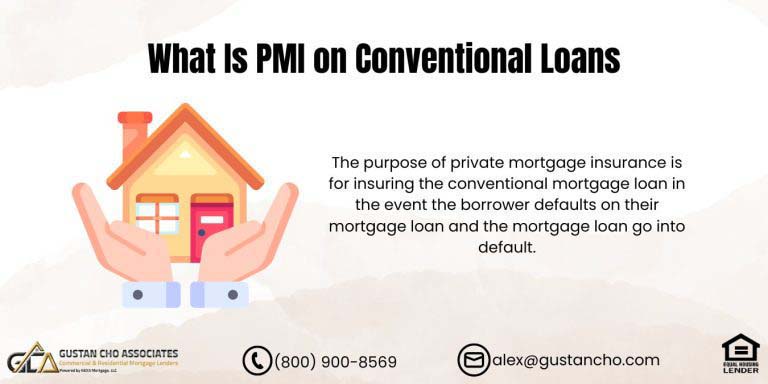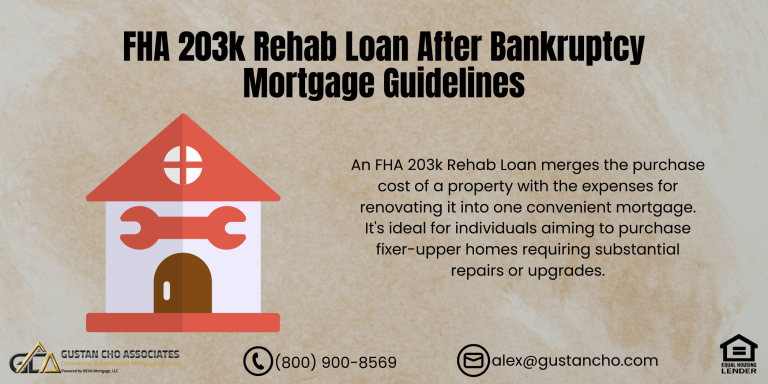This guide covers solutions for when things go wrong during the mortgage process. The mortgage process can be very stressful. This holds especially for borrowers with credit issues or higher debt-to-income ratios. Every mortgage loan application is different from the next. Some mortgage files can be tricky.
The most important phase is the pre-approval stage of the mortgage loan application process. When things go wrong during the mortgage process, the borrower is not properly qualified for pre-approval.
Homebuyers with credit scores under 580 and down to 500 FICO are eligible to qualify for FHA loans. Per HUD guidelines,, you need a 10% down payment if your credit score is under 580. FHA loans are the most popular mortgage loans today. In the following paragraphs, we will cover what happens when things go wrong during the mortgage process.
Things Go Wrong During The Mortgage Process With Lender Overlays
HUD, the parent of FHA, has extremely loose lending guidelines for borrowers with open, outstanding, unpaid collection accounts. Borrowers with prior bad credit can qualify for a mortgage as long as they have been timely on all of their payments in the past 12 months. Borrowers with prior bankruptcy and borrowers with prior foreclosures can qualify for a mortgage if they meet the minimum waiting period guidelines.
Borrowers with prior short sales and with a prior deed in lieu of foreclosures cannot qualify for a government or conventional loan unless they meet the waiting period requirements.
Borrowers with tax liens and judgments can qualify for a mortgage if they have a written payment agreement and have made three timely payments. The minimum HUD credit score requirement to qualify for a 3.5% down payment FHA loan is 580 FICO.
When Things Go Wrong During the Mortgage Process: High Debt-to-Income Ratio Borrowers
One of the main reasons for a last-minute loan denial by lenders is because the borrower exceeds the maximum debt-to-income ratio limits. Maximum debt-to-income ratio caps on conventional loans are capped at 50% DTI. If a home buyer gets a homeowners insurance quote when he first qualifies for a mortgage loan with high debt-to-income ratios, and the homeowners’ insurance premiums are higher than originally quoted, they may surpass the DTI cap where they no longer qualify for a mortgage loan.
The maximum debt-to-income ratio cap on FHA loans is 56.9% DTI for borrowers with credit scores of 620 or higher.
For borrowers with credit scores of under 620 FICO, the maximum debt-to-income ratio cap is 43% DTI to get an approve/eligible per the automated underwriting system (AUS). Homebuyers who barely meet the debt-to-income ratio caps when they are issued a pre-approval letter run into the risk of a mortgage loan denial if they exceed the DTI cap during the mortgage process.
Get Help If You Are Getting Mortgage Loans
How To Fix Debt-to-Income Ratio Issues
If the borrowers have high debt-to-income ratios, the loan originator must ensure that all their credit cards are paid down before submitting the mortgage loan. If the borrower exceeds the debt-to-income ratio limits during the mortgage approval process due to higher-than-expected costs such as the following:
- higher than expected homeowners insurance
- or needing flood insurance
- needs to pay off credit cards
The credit cards will have to be paid off, and the credit card accounts need to be closed and reflected on the borrower’s credit report before loan submission.
Waiting Period After Foreclosures
Another common reason for last-minute mortgage loan denials is the mortgage loan originator not researching the mandatory waiting period after foreclosure. Loan officers must ensure that the minimum mandatory waiting period has been met after a foreclosure or deed in lieu of foreclosure.
However, just because you meet the minimum credit scores and debt-to-income ratio requirements does not mean that your FHA loan approval is a slam dunk.
This article will discuss examples of when things go wrong during the mortgage process. We will also cover how to prevent things from going wrong during the mortgage loan process. You cannot just go off the credit report because credit reports do contain errors. The three-year mandatory waiting period after foreclosure or deed in lieu of foreclosure to qualify for an FHA loan starts from the date of the sheriff’s sale. Or the date when the deed of the property was transferred from the homeowners’ name into the lender’s name. The date when the homeowner surrendered the keys to the property is not the waiting period start date.
Public Records Discovered During The Mortgage Process
The waiting period start date is the date that the foreclosure is recorded on the recorder of the county’s deeds office. Not having the correct waiting period start date is one of the most common things that can go wrong during the mortgage process, leading to a loan denial. Again, reviewing the income docs and credit scores is insufficient when pre-qualifying and pre-approving the borrower. Mortgage loan originators must carefully analyze the borrower’s credit report and look for derogatory information and public records, especially prior foreclosures.
Connect With Us For Mortgage Loans
Credit Disputes Halt The Mortgage Process
HUD, the parent of FHA, has strict credit dispute mortgage guidelines on FHA loans. Per HUD agency mortgage guidelines, borrowers cannot have credit disputes on charge-off and non-medical collection accounts with an aggregate of outstanding unpaid balances of $2,000 or more. The file is automatically placed in suspense if a mortgage underwriter sees credit disputes on non-medical collection accounts with balances and charge-off accounts.
The borrower needs to retract the credit disputes for the mortgage approval process to get out of suspension and proceed with the mortgage process.
If you retract credit disputes, the chances are that your credit scores will drop. This will create major issues for a borrower who barely meets the minimum credit score requirements to qualify for a mortgage loan. If the credit scores drop below the minimum credit score requirements, the borrower will no longer qualify for the mortgage loan, leading to a loan denial. Again, credit disputes should be carefully reviewed during the mortgage loan qualification and pre-approval process.










